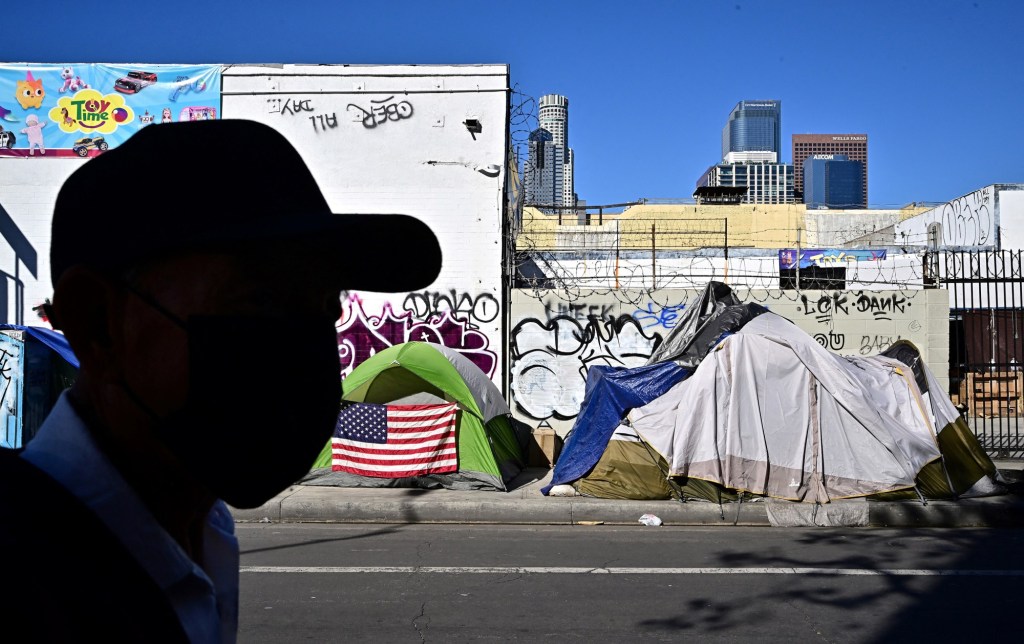In pushing for a bill of rights for homeless Michiganders, Democratic state Rep. Emily Dievendorf encountered a “cruel irony”: A homeless constituent providing advice on the measure was denied entry to the state Capitol because he didn’t have a photo ID.
Under Dievendorf’s bill, homeless people in Michigan would have the right to “move freely” in parks, on sidewalks and in other public spaces, and could not be denied employment for lacking a permanent address. They also would be guaranteed emergency medical care, privacy protections for their personal belongings and access to the official documentation required to cast a vote in Michigan — in other words, a photo ID.
“As a society, we have to admit that it takes time for folks who are struggling and don’t have a roof over their head to stabilize themselves while they wait for housing opportunities to happen,” said Dievendorf. “This bill is about a baseline of humanity and respect that we should give humans who are unhoused.”
Connecticut, Illinois and Rhode Island have similar measures on the books. And this past summer, New York City became the first city in the nation to pass a homeless bill of rights. It includes the right to shelter, the right to sleep outside and the right to vote.
But the state laws were enacted a decade ago, and homeless advocates say they are often ignored. In the years since, efforts to pass bill of rights measures in at least a half-dozen other states have fallen short. In New York City, Democratic Mayor Eric Adams is fighting to suspend the city’s separate, 4-decade-old right-to-shelter policy, under which it has to provide temporary housing for every homeless person.
Dievendorf’s bill, introduced last year, hasn’t advanced out of committee in Michigan’s Democratic-dominated legislature.
As the homeless population has grown and become more visible, many cities and states have pivoted from a focus on the…
Read the full article here







